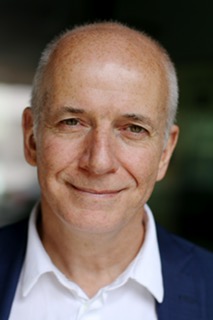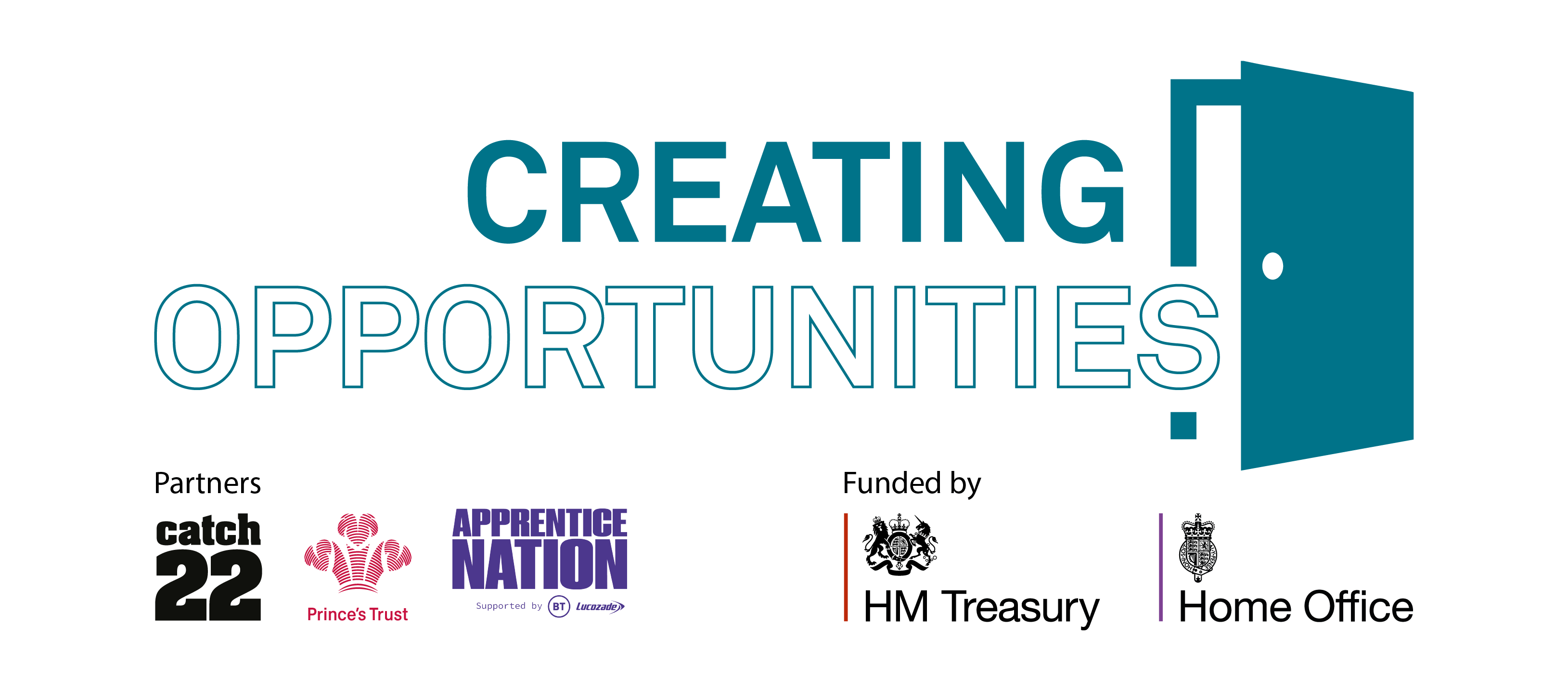
Why do you work? Take a second to really think about it. Is it for the love of what you do? Does it bring a sense of purpose and routine to your life? Does it help maintain your mental health? Or perhaps it’s just to put food on the table and keep the lights on. Whatever the reason is, imagine your life without that stability. Imagine what it might look like if you have been involved in the criminal justice system or you’re looking to break out of a cycle of crime or violence, but you don’t even know where to start. Imagine what it might look like if you’ve grown up in care without the right support or networks you need to help you get a job. What does your life look like then?
We’ve recently had a bit of a shift in our focus at Catch22. A shift towards the recognition of the vital role of employment in making someone’s life better, more stable and full of potential. At Catch22 we deliver public services, from what we call ‘cradle to career’. This means everything from children’s social care, alternative provision schools and colleges, to prison rehabilitation programmes, and everything in between – with a strong focus on developing employability programmes to support those furthest from the job market into sustainable and quality jobs. What has become clear is that we are uniquely placed to understand many of the social challenges people face, which can impact their ability to get a job, to remain in employment, or which are exacerbated through exclusion from the job market. We understand how vital it is to help these people, without the networks, skills, digital connectivity, confidence or know-how, into work.
But just because we know what needs to change, what works to prevent young people from being side-lined from society and empowers them to contribute meaningfully to their communities and wider society, doesn’t mean that it’s our responsibility alone. We are but one piece of the puzzle. Anyone who knows me will have heard me speak about local accountability, collective impact and unlocking capacity in relation to how we can meaningfully reform our public services. Nowhere is this more pertinent than when considering how we work to help young people away from a life of serious violence and crime, into inspiring and sustainable jobs. It’s about the accountability of the whole community - from businesses, to government, and charities. We know how powerful familial relationships can be, but the question is how we take these bonds and extend them beyond the traditional family walls, into the community, to support those who need it the most, into work.
But it’s not even just about a job. Let’s take another minute to reflect – would you aspire to a career in low-paid, unsustainable, and unfulfilling roles? Then why should we expect these young people to do just that. It’s about the kinds of hopes and aspirations we would have for ourselves, our own children, and how we apply those to our communities. The Social Switch Programme, which we deliver in partnership with RedThread and is funded by the Mayor of London’s Violence Reduction Unit, is an industry-led, full-time training and work experience programme for young people - training creative and motivated young people to develop sustainable digital careers. It focuses on harnessing the skill and creativity many young people may have previously used online in a more harmful way, and directing that to a positive future career using digital skills.
We all know that prevention is better than cure, and addressing individual need with tailored, personal and relational focused support is the key to a better life. In the case of serious youth violence, employment is, quite literally, a lifeline to divert someone to a more positive destination. Securing a sustainable job plays a major part in that – and businesses have a fundamental role to play in giving young people that first opportunity.
We’ve recently teamed up with The Prince’s Trust and Apprentice Nation to deliver major contract to help up to 1,500 young people who are at risk of serious violence, move closer to work as part of the Creating Opportunities programme. The programme, funded by the Home Office, is heavily focused on individualised support and high-quality wraparound support. A recent Movement to Work survey showed that 68% of participants who receive this kind of help sustain their placements and move into work, compared to 32% who don’t.
As part of the programme, we’ll be providing participants with one-to-one support from a dedicated careers coach, a personalised support package, as well as help addressing barriers including health and wellbeing, independent living, housing, and developing life skills. We will also provide a further 6 months of support once the participant has secured a new job or apprenticeship. We’ve found from experience of running other employability programmes that continuing to provide support in the first months of a job has a real bearing on how the employee settles in and whether they sustain employment long-term.
But, and at risk of sounding like a broken record, we are only one piece of this puzzle. The success of the programme will rely on us working closely with businesses of all sizes who are looking to recruit young people, and are open to considering those who may be facing challenges in the lives. We know that recruitment processes across the board tend to favour those who know how to write a CV, have a certain amount of exam grades to their name, and who have trusted adults around to help them navigate the often confusing, and laborious processes involved.
This programme looks to give space to those who can show their commitment to succeeding, enthusiasm and loyalty, but who might lack the right paperwork or people to help them. These are qualities which any good employer should prize above and beyond a ‘good’ CV. At Catch22 we find that many of the young people we work with who don’t necessarily have the best qualifications on paper, with the right support, become quality employees.
Appointing someone to a role and seeing them flourish is clearly good for business. It is also hugely satisfying as an employer. That satisfaction is even greater when the person is someone who could have easily fallen into a life of crime and violence without that job or the support of a employability programme and a committed employer.
A job is perhaps a choice for you, or me. But for these young people it can be life-saving.
If you’re interested in finding out more about the Creating Opportunities programme, you can read more here and get in touch.

Chris Wright is Chief Executive of Catch22, the social business driving public service reform. He leads the team of 1,800 staff and volunteers that supports over 100,000 people nationally
